Calcium in Older Adults: How Much Calcium Should You Get?
Calcium is a mineral seen in high amounts in... Yep, you guessed it! Our dairy products (our milk, cheeses and yoghurts).
Calcium is important for healthy bones and healthy teeth. It also plays a crucial role in other bodily systems, such as our nervous system and the proper functioning of our muscles.
Calcium is important in the role of falls, to keep our muscles strong, help us move more efficiently and keep our bones strong.
FIRST PUBLISHED: 03/05/2019. LAST UPDATED: 03/7/2022
How Much Calcium Do SENIORS Need?
Calcium is a mineral seen in high amounts in... Yep, you guessed it! Our dairy products (our milk, cheeses and yoghurts).
Calcium is a mineral seen in high amounts in... Yep, you guessed it! Our dairy products (our milk, cheeses and yoghurts).
Calcium is vital for healthy bones and healthy teeth. It also plays a crucial role in other bodily systems, such as our nervous system and the proper functioning of our muscles.
Our average weight is made up of about two per cent calcium. This calcium is primarily found in our bones and teeth. The rest is stored in our blood and tissues.
Low calcium intake is linked to osteoporosis, a low bone density condition most commonly seen in post-menopausal women.
It’s clear we are not getting enough calcium. Over half of the Australian population, aged two years and over had inadequate intakes of calcium.
This prevalence of inadequate calcium intake was higher amongst females than males, with almost three in four aged two years and over (73%) not meeting their calcium requirements compared with one in two males of the same age group (51%). [1]
Calcium is important in preventing falls, keeping your muscles strong, helping you move more efficiently and maintaining your bone strength.
HOW MUCH CALCIUM SHOULD OLDER ADULTS GET
According to the National Health and Medical Research Council, our recommended dietary intake (RDI) of calcium should be:
Women 50+ and men 70+: 1300mg/day
All other adults: 1000mg/day
WAYS TO GET MORE CALCIUM IN YOUR DIET
It is much better to get calcium from foods than from calcium supplements. Be guided by your doctor about whether you need additional supplements. As with any minerals, too much calcium can cause health issues.
CALCIUM-RICH FOODS
Milk, yogurt, cheese, canned salmon or sardines which contain bones rich in calcium, broccoli, mustard cabbage, Bok Choy, silverbeet, cucumber, celery and chickpeas
If you find it hard to get adequate doses of calcium, a natural way to get calcium is using a food product that you may dispose of regularly. That is eggshells.
Eggshells are a rich source of calcium carbonate (a form of calcium commonly found in dietary supplements); they also have a little strontium and some other bone-protective nutrients.
Using eggshells as a calcium supplement involves crushing the eggs into a fine powder. TO FIND OUT HOW TO MAKE EGGSHELL POWDER, CLICK HERE.
Ensure you are getting calcium-rich foods to improve your health, decrease falls risk and keep your bones strong. But make sure to not overdo it.
References:




